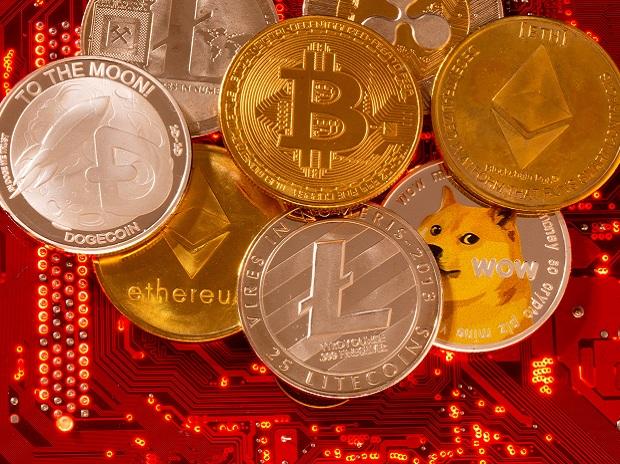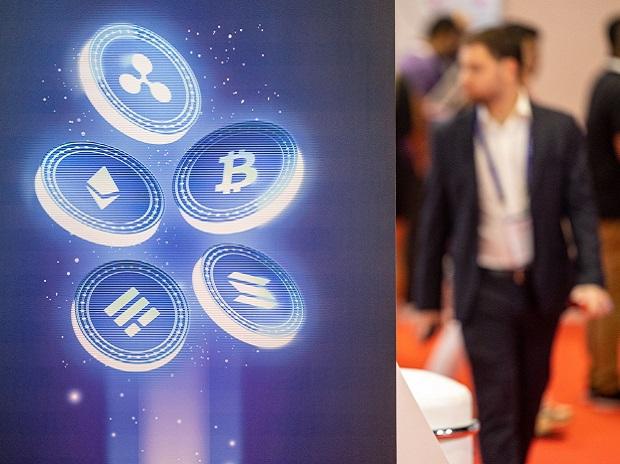Nineteen months after China banned crypto, more signs have emerged that its citizens continue to buy and sell digital assets.
A shadowy role for Chinese demand adds to the difficulty of parsing the outlook for digital-asset markets, which have partially revived this year from a 2022 crash pockmarked with bankruptcies like that of the FTX crypto exchange.
The evidence of ongoing Chinese appetite for tokens comes from varied sources, including FTX’s creditor profile, citizens who said they used crypto platforms and depictions by industry insiders of workarounds to Beijing’s ban.
“Essentially, bans don’t work,” said Caroline Malcolm, global head of public policy at Chainalysis, which specializes in tracking digital-asset transactions. “The decentralized nature of cryptocurrencies and the fact that they can be transferred peer-to-peer and traded on global exchanges make it difficult for any government to completely eliminate them.”
FTX bankruptcy filing showing customer distribution.
Theoretically, crypto trading is outlawed for Chinese at home and abroad but it’s “hard to enforce,” Ding said. Often it’s about compliance systems at exchanges and whether they’ll filter out Chinese passport holders, he added.
Compliance Challenge
Interviews with Chinese investors point to the compliance challenge. Four said they had traded on the Binance digital-asset platform, and a fifth said he’d also used OKX, after Beijing’s prohibition. Binance is the largest crypto exchange while OKX ranks at No. 2, CoinGecko data on 24-hour volumes show.
OKX declined to comment on the issue. A spokesperson for Binance said the company doesn’t operate in mainland China or have any technology, including servers or data, based there.
“Following the September 2021 ban, the Binance platform, including the website and mobile application, has been blocked behind the Great Firewall,” the Binance spokesperson said, referring to the system China uses to sever its internet from the rest of the world.
A Chongqing police officer surnamed Mu, who’s in charge of the case, didn’t respond to numerous requests for comment.
Binance reserves the right to reject law enforcement requests that fail legal scrutiny, don’t serve a legal purpose or where the investigative approach is flawed, the spokesperson added.
In March, Bloomberg News reported that another major crypto exchange, Huobi Global, was giving Chinese users the option of applying for a “digital identity” with the tiny island nation of Dominica. Once on-boarded, their app profile shows them as Dominican citizens, according to people familiar with the matter, who asked not be identified discussing sensitive matters.
“Huobi has exited the Chinese market and barred Chinese users from signing up or logging in,” the company has said.
Since the prohibition, Chinese regulators haven’t announced sanctions on any offshore exchange for signing up mainland users.
Malcolm from Chainalysis said the ban has either been ineffective or loosely enforced. The average monthly value of crypto flowing to China did roughly halve in 2022 from a year earlier but still remained sizable at $17 billion, the firm estimates.
© 2023 Bloomberg L.P.
Note:- (Not all news on the site expresses the point of view of the site, but we transmit this news automatically and translate it through programmatic technology on the site and not from a human editor. The content is auto-generated from a syndicated feed.))



